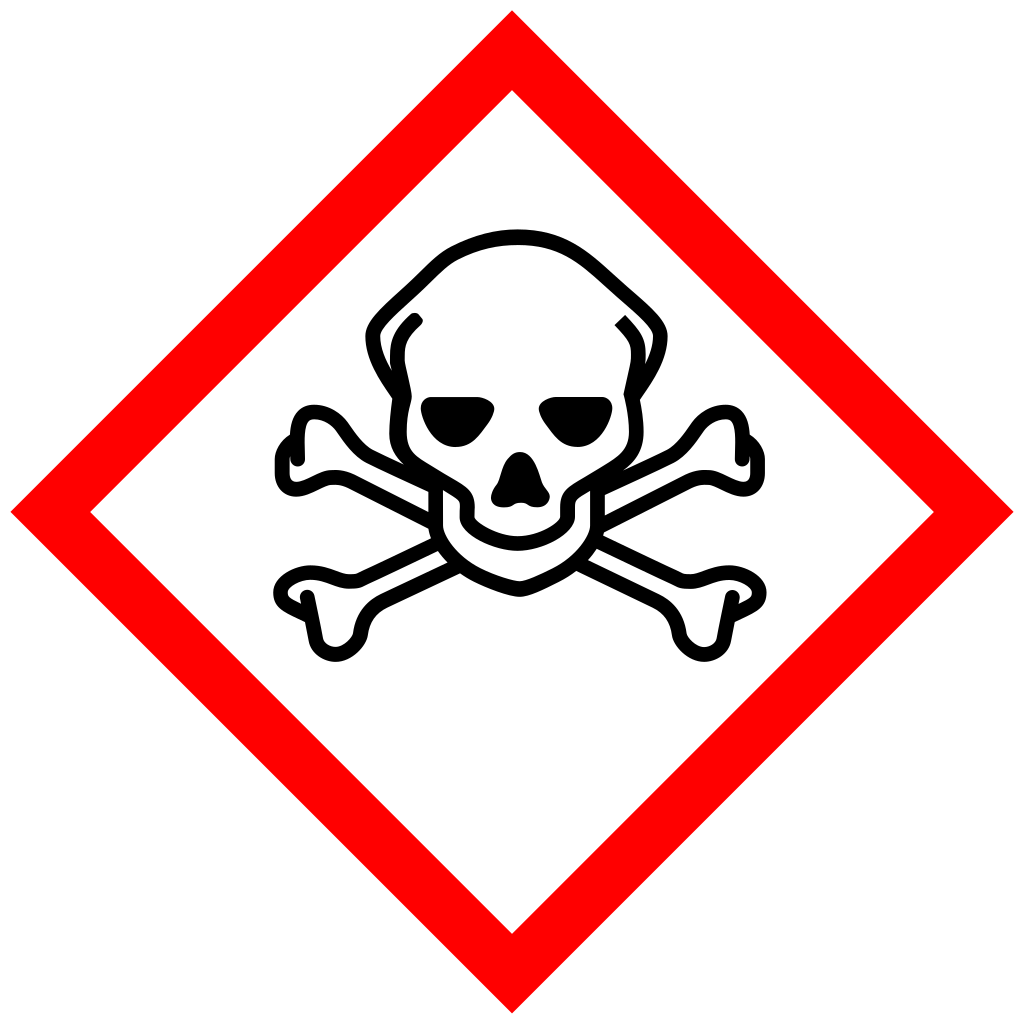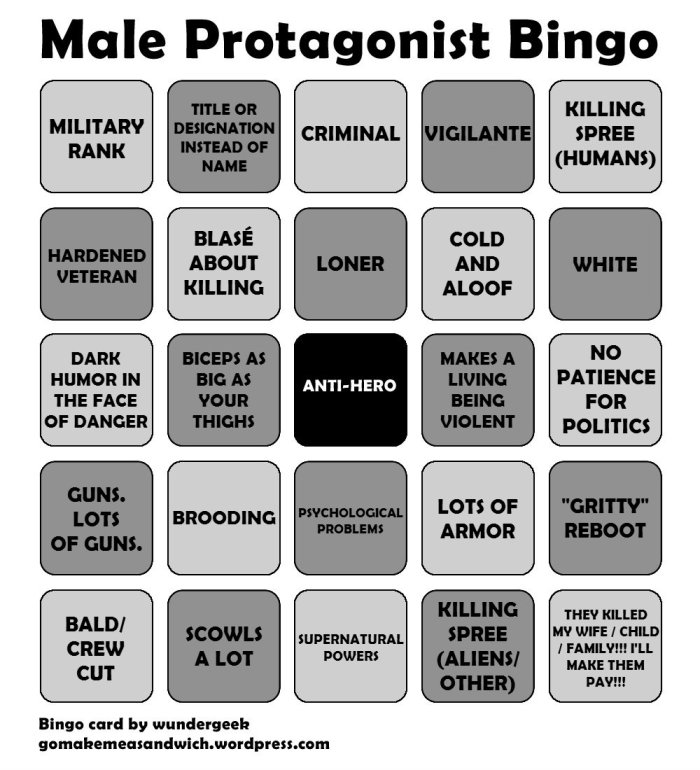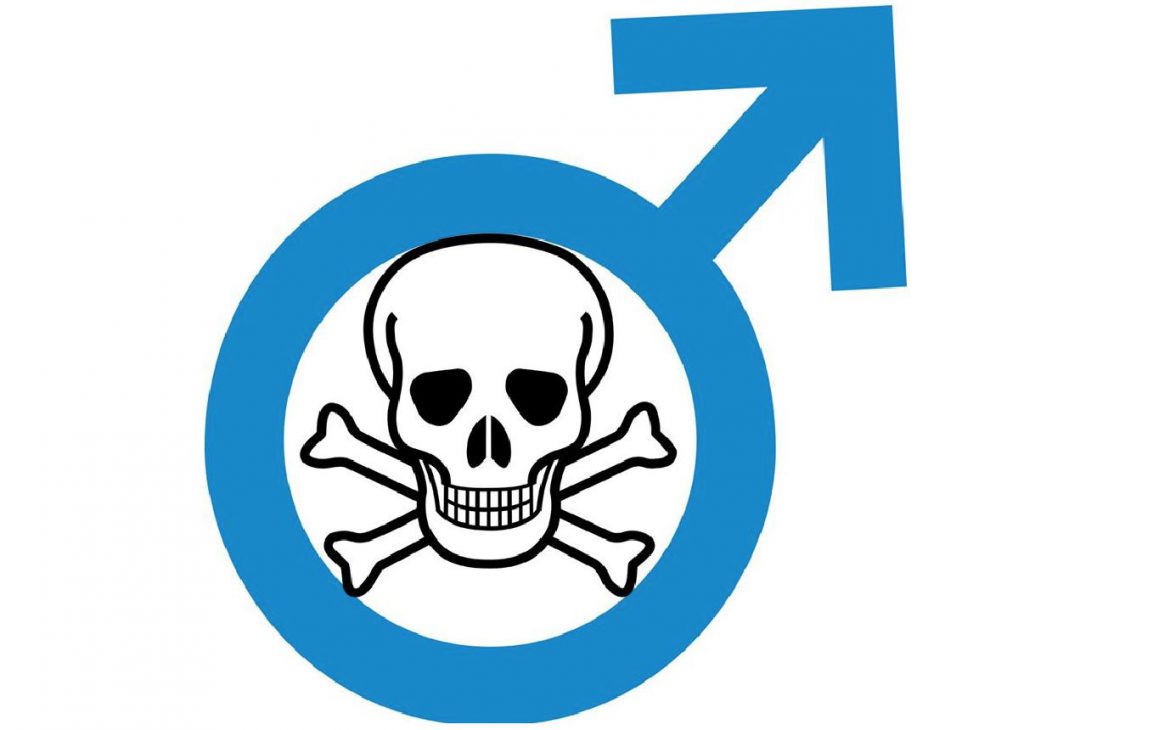In July, last year, I wrote about the discussion I had with my daughters about feminism. In that post I established that neither of the girls, nor their mum, had ever felt sexually harassed or oppressed. Which meant, while they all considered themselves to be feminists, none of them felt the need for any particular focus on feminism. Then we went on holiday to the Dominican Republic… So now seems the perfect time to talk with my teenage daughters about Toxic Masculinity.
Toxic Masculinity, as a phrase, didn’t exist when I was growing up. I’m not even sure that it particularly exists now, except as a dog whistle designed to troll specific groups of people. Certainly, when I first asked my wife and each of my daughters about their thoughts on Toxic Masculinity, none of them were particularly familiar with the term.
In the field of gender studies, toxic masculinity is considered as part of the form of masculinity known as, Hegemonic Masculinity. Hegemonic Masculinity was a concept, which originated with R.W. Connell, as one of the multiple masculinities she recognised. Hegemonic Masculinity is defined as,
“A practice that legitimizes powerful men’s dominant position in society and justifies the subordination of the common male population and women, and other marginalized ways of being a man.“
In relation to this, Toxic Masculinity is considered as,
“The constellation of socially regressive male traits that serve to foster domination, the devaluation of women, homophobia and wanton violence“. (Terry Kupers)

In this definition, Toxic Masculinity takes all the worst of Hegemonic Masculinity, without retaining any of the latter’s redeeming features of:
- pride in sporting process and achievement
- maintain solidarity with a friend
- success at work
- providing for the family
Other definitions, of course, exist. The Urban Dictionary, for example, defines Toxic Masculinity as:
“A social science term that describes narrow repressive type of ideas about the male gender role, that defines masculinity as exaggerated masculine traits like being violent, unemotional, sexually aggressive, and so forth. Also suggests that men who act too emotional or maybe aren’t violent enough or don’t do all of the things that ‘real men’ do, can get their ‘man card’ taken away.“
Geek Feminism, on the other hand, suggests the following:
“One of the ways in which Patriarchy is harmful to men. It refers to the socially-constructed attitudes that describe the masculine gender role as violent, unemotional, sexually aggressive, and so forth.“
The definition then goes on to list a number of examples of the Toxic Masculine mindset:
- Male-female interactions are competition, not cooperation.
- Men cannot truly understand women, and vice versa.
- Real Men are strong, showing emotion is not strong. Except anger…
- A Real Man cannot be a victim of abuse, and talking about it is shameful.
- Real Men are keenly interested in sex most, if not all, of the time.
- The idea that Real Men should be prepared to be violent, even when it is not called for.
- A man would abandon his pregnant girlfriend, to avoid responsibility and commitment.
- Men are not interested in parenting, and are inherently unsuited to be single parents.
- Real Men have no interest in feminine interests and activities, they are emasculating.

Photo by Jeffrey Lin on Unsplash
Most of these are paraphrased, but the gist is clear; there is a much wider range of behaviours for Toxic Masculinity than other definitions. Including some that apply to me.
I was not, for example, interested in parenting until the girls were old enough to interact with. Don’t get me wrong, I did my best, but I didn’t have the same connection with the girls, when they were babies and toddlers, that Julie did. I would not have made a good single parent for the girls, when they were that age. When the girls reached six or seven, I would have made an okay single parent. The older they got, the better a single parent I would have made. Yet admitting this, is an example of Toxic Masculinity. Why? How?
Another one, that applies to me, I want to quote in full:
“The pervasive idea that men cannot truly understand women, and vice versa–and following, that no true companionship can be had between different sexes.“
First of all, I completely disagree with this statement. The second part in no way follows on from the first part. Just because men and women can’t truly understand each other doesn’t mean there can’t be true companionship. To my mind, it’s fairly obvious that men and women can’t truly understand each other, yet I’ll be celebrating my 20th wedding anniversary this year. I’ll come back to this in a bit.
Presumably, and according to Geek Feminism, my way of thinking is Toxically Masculine…? I have Toxic Masculinity…? However I’m supposed to write it.
And this, as I discussed with my teenage daughters, is the problem with the phrase Toxic Masculinity. It goes from a concept of: domination, devaluation, unemotional and violent, to; anything which is vaguely related to the topic that can be shoehorned in. It becomes a matter of perspective.
And here’s the thing, Toxic Masculinity is a problem. A problem that needs to be properly addressed. But if it’s turned into a bandwagon, this will entrench the issues instead of solving them. And, that won’t help my daughters in the slightest.
One thing, however, that did fascinate me from the Geek Feminism site was the Male Protagonist Bingo card. This is awesome and stems from this post. Basically, compare the lead male character from your favourite book, series, film or game and see what you get:

Of course, this is a breakdown of the characters of escapism. In terms of books and novels, the biggest selling genre is that of Romance/Erotica. I’d be interested to see the Female Protagonist Bingo card for this genre and check how well it stacks up against feminist ideals…
Anyway, back to Toxic Masculinity and teenage daughters. I mention the example from Geek Feminism and their perspective because of what the girls experienced in the Dominican Republic. While we were walking around the local town and the capital city, my wife and daughters were subjected to what we all considered to be sexual harassment. There was cat calling, wolf whistling and general street harassment, which left all four of us feeling rattled and uncomfortable.
In the UK, cat calling and wolf whistling are no longer socially acceptable behaviours. Although they were acceptable, generally speaking, when I was a kid. But, today, they are recognised as a form of sexual harassment and are, rightly, no longer tolerated. But does that mean that cat calling and wolf whistling are examples of Toxic Masculinity?
The common threads of Toxic Masculinity seem to be: domination, devaluation, unemotional and violent. I can apply these four markers to cat calling and wolf whistling to see if they apply:
- In the UK, where it is well established that cat calling and wolf whistling are considered to be harassment by most women, there is an argument that domination and devaluation apply. Men know it makes women uncomfortable and they do it anyway; so I’d say it is an example of Toxic Masculinity in the UK.
- In the Dominican Republic, it seems that cat calling and wolf whistling are not considered as harassment by most women. As such, the men did not know they were making Julie and the girls feel uncomfortable; so they’re not seeking to dominate or devalue anyone. It can’t be Toxic Masculinity. Even though it felt like it was to us.

Photo by Michael Mazzone on Unsplash
Which brings me back to the Geek Feminist example, whereby; believing men and women cannot understand each other, is an example of Toxic Masculinity.
I’ve got to say that I’ve never met any man who has even hinted that he understands what women are thinking. To be fair, I’ve never heard any woman say that she understands men…
Without getting drawn into the complexities of sex hormones, there are three main types, Estrogen, Progesterone and Testosterone. Men and women both have all three of these hormones. So, to some extent, we’re all the same, which means we might be expected to completely understand each other.
However, men and women experience these hormones at different levels. And that makes a huge difference.
And, because I like baking, I shall use a baking analogy. Consider the following ingredients:
- Flour
- Egg
- Sugar
- Butter
If you mix them at a ratio of 1 : 1 : 1 : 1, you get a Victoria Sandwich Cake
Change that to a ratio of 1 : 0.3 : 0.1 :0.1, you get Brioche.
Yet if you use the ratio, 1 : 0.3 : 1.1 : 0.6, you get cookies.
And what does Brioche know about being a Cookie?!

Photo by Element5 Digital on Unsplash. Photo by Food Photographer | Jennifer Pallian on Unsplash
Which is just to say that I think it’s important to consider context before throwing the phrase Toxic Masculinity around. It is one of those phrases that has very specific criteria and shouldn’t be used out of context, unless it’s a deliberate attempt to upset someone. In which case, why use it? It’s not helping anyone.
Like in conjunction with the phrase, ‘boys will be boys’.
There was a recent advert from Gillette that was focused on the phrase ‘boys will be boys’ that started with a voice over saying, “Bullying. The ‘Me Too‘ movement against sexual harassment. Masculinity. Is this the best a man can get?” It then cuts to a group of boys chasing another boy through a series of scenes. There are repeated cut backs to the phrases ‘sexual assault’ and ‘sexual harassment’.
In another scene, two boys are fighting in a garden barbecue and there is an endless line of dads looking on saying, ‘boys will be boys’. Eventually, someone steps in and pulls the boys apart, when it becomes clear that it’s no longer an equal tussle.
The chase theme of the bullies chasing the lone boy then culminates with a rescue, as a dad intervenes.
I found this advert upsetting.
The Cambridge Dictionary definition of the phrase, ‘Boys will be boys’ is that it is a saying, which is: “said to emphasize that people should not be surprised when boys or men act in a rough or noisy way because this is part of the male character”.
Two lads play fighting at a barbecue is perfectly normal behaviour. We all did it. We all still do it. It’s fun, we enjoy it. Sometimes it goes too far and then a parent steps in. Just like he did in the advert. But the advert portrayed this as an atypical action. Of course it isn’t! Play fighting is boys being boys. Stopping it when it gets too rough is parents being parents, or dads being dads. To imply that play fighting is a precursor to sexual harassment is shameful. To imply that boys play fighting is a toxic behaviour is shaming boys from being boys.
And as for the guy who dragged his son across the road to stop the bullying boys from beating up the victim. He physically shoved one of the bullying boys to one side. You can’t do that! That’s assault. Or, potentially in this day and age, child abuse. The guy could be arrested. Let’s see how adoringly his son gazes at him when he’s behind bars… I’m not saying that you don’t intervene in these circumstances, I’m saying that you use your words.
Seriously, that advert is awful. And, of course, it is now associated with the phrase Toxic Masculinity.

Photo by Robert Collins on Unsplash
And, as if that wasn’t bad enough, there’s a new book coming out from Clementine Ford, entitled: Boys Will Be Boys; Power, Patriarchy and Toxic Masculinity.
Hooray!
Another reminder that boys being themselves is synonymous with Toxic Masculinity. That’s helpful!
And I understand that the phrase ‘boys will be boys’ has been adopted in certain circles as an example of male oppression. Indeed Australian sleepwear brand Peter Alexander removed a sweatshirt that was emblazoned with ‘BOYS WILL BE BOYS’ following a backlash. Complaints were made because the phrase has ‘sexist connotations’.
Who is this helping?
And is this not an example of women telling boys how they should boy? Telling men how they should man? Isn’t this simply double standards of breath-taking proportions, given how abhorrent ‘Mansplaining‘ is?! And I do so hate double standards and hypocrisy.
Frankly, it’s a question of equality. And, by ‘equality’ I mean everyone receiving equal treatment and being held to equal standards. This is something that I’ll address in a later post.
For the time being, in regards to the discussions I had with my teenage daughters about Toxic Masculinity, that was pretty straightforward.
We came to the conclusion that Toxic Masculinity is actually pretty specific to character traits of: domination, devaluation, unemotional and violent. My daughters also decided that, teenage or otherwise, if they came across Toxic Masculinity, they wouldn’t be putting up with it.
On a side-note, the girls both expressed an element of envy at their perception of the ways boys settled their conflicts. With a quick fight. I explained that it wasn’t always as simple as that and there was often an element of simmering resentment. Still, they thought that was more preferable to the weeks and months of social ostracism that they’ve experienced and witnessed, as members of groups of girls in conflict.
I was quite relieved that the phrase Toxic Masculinity hadn’t made it to their respective radars.
I think that the attributes of Toxic Masculinity are all too real but only in a very few people. Clearly, though, these attributes need to be stamped out.
I also think that the people using the phrase Toxic Masculinity are relatively few. I do think, though, that many of the people who are using the phrase are misapplying it. Quite often, it seems, with an agenda involved. Disappointingly, with Ford’s book on its way, it seems likely that the phrase will become much more common. And already seems to be aimed at the wrong people. The only people that this will benefit are those with genuine traits of Toxic Masculinity. Domination, devaluation, unemotional and violent.
Muddy the water enough and these people will thrive…
